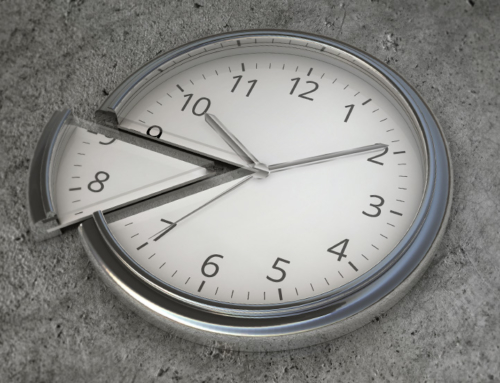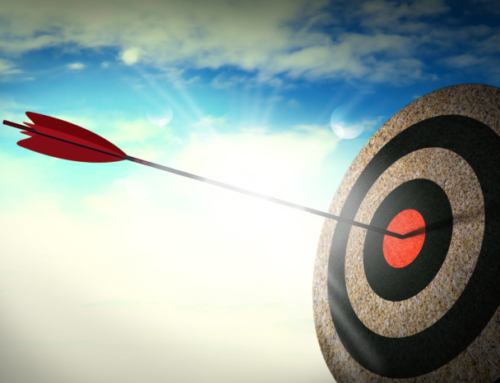“Jack, I gotta get a life!” she said. “My hobby has been driving my kids around.”
We were all getting fidgety sitting at the gate at O’Hare waiting for our delayed plane to Atlanta. She was sitting next to me, flying for a family reunion in Atlanta, and I was flying further, to Savannah, to meet my daughter. We started chatting and it turns out I was sitting next to a pediatrician confronting a dilemma in her life.
“Driving my kids around, that’s been my life for so long. Now that my kids are older – one off to college this year and the other now in high school – suddenly I have some free time,” she said.
“The sad thing is,” she continued, “I don’t know what to do with myself. When I sit down to leisurely sip a cup of coffee while paging through a fluffy magazine – I hope to see myself like one of those women they show in ads luxuriating over a cup of coffee in their cozy sunroom – I start thinking ‘I should be doing something. I’m wasting time!’ … Frankly, I suck at free time!”
Ahh, I know. You might be thinking now ‘champagne problems,’ or ‘first world problems.’ Sure, in the scheme of the universe, or even of life here on earth, our challenges in spending our free time in a way that replenishes, relaxes, and fortifies might seem like a minor problem. But however minor in the grand scheme, finding and making good use of our limited free time is a problem for many of us over-tasked clinicians.
When I started to write this article, my first sentence was to the effect, “Isn’t it ironic that as physicians we’re better at worktime than leisure time.” But before I even finished that sentence, I realized there is nothing ironic about this state of affairs; we spend a lot more time at work than we do at leisure activities. We get good at what we do the most. Additionally, at work there are more external forces to structure our time. When it comes to our free time, we’re often on our own. So, given this problem of unsatisfying use of our free time, I came up with the following idea as a possible path to a solution. Given that many of us are by nature or by training task-oriented, why not use that framework to help us develop our leisure skills. Here’s how to use what already works and is familiar – our task-orientation – to develop a more balanced life.
Schedule It!
The first challenge to satisfying leisure time – even before deciding how to spend it – is to first have some. Think about your life: do you have scads of free time just lying around waiting to be picked up? For most of us the answer is a resounding No! There are few empty spots on our calendars to fill. So, the only way to get some free time is to schedule it in.
For example, if you’re an amateur writer and wait for inspiration, you’ll not produce much. You need to schedule in time that you will devote to nothing but writing. If you seek activities to provide you with balance, fulfillment, and relaxation and wait for free time to show up and knock on your door, you’ll be waiting a long time. So, schedule those activities!
“Easier said than done,” you might say, “I don’t really have much free time. Or, at least, it’s not consolidated. It’s spread around and mostly available in small chunks.” Aha, so this leads us to the first step.
Chunk Up Your Time!
Since most of us don’t face hours of unstructured or free time, we need to find ways of chunking it up into useable chunks. This first requires chunking up existing activities related to family obligations and chores. We need to convert the ‘smear’ of time devoted to pre-existing activities with time that’s free. For example, keeping a grocery list that allows shopping once a week can free up time. Developing a weekly meal plan and perhaps spending a 2–4-hour chunk on weekly meal prep can also free up time. Doing paperwork, paying bills, returning phone calls and emails can also be chunked. This then allows a person to identify other, currently open chunks of time that can be used for leisure.
Also, engaging in this exercise of reviewing use of one’s time is also an opportune time to assess whether current obligations can be eliminated altogether.
Choose a Focus!
Now that you have given thought how to fit (or wedge) time in for leisure activities, you have to choose what you will spend it on. Start by considering your objectives. Given our goal-orientation, objectives are another concept we physicians probably can relate to. Ask yourself, “What do I want to accomplish?” To just relax? To take my mind off things? To write the great American non-fiction book? To improve my health? To bond with my kids? To renew my relationship with my significant other?
Your objectives will guide your activity. One activity I found that is particularly gratifying is making dinner some days of the week. I like the balance this activity affords between focusing on what I’m doing and letting my mind roam free. There is also the pleasure of engaging in a physical task. And last, it strengthens my bond with my family.
And, by the way, I’m not a good cook. Currently, I rotate only four meals, all of which my kids like, which is a prerequisite for my meals to continue to work. My meals are simple, to be sure, but in the future when my kids are long out of the house, I have a feeling I’ll most remember (and I hope they’ll most remember) the times we ate those meals together as a family.
Reward Yourself!
Consider the common phrase “spending your free time.” If you “spend” free time it implies that you had to “earn” it. My point is that you might feel most able to give yourself permission to spend time on yourself, perhaps even selfishly, if you feel it is a reward for completing your tasks at work and at home.
The danger to avoid with this approach is that that this leisure time “pay-off” may never come because your chores and other tasks never end. Here’s an idea: first decide which tasks you need to accomplish to “earn” your free time. Then schedule that free time as if it just as important as any other task. Remember you earned this free time, and it now deserves its own special space in your calendar.
That’s it for today. Let me know your challenges and solutions to make the most of your free time.
Until next time,
Dr. Jack
LanguageBrief
“Time is a game played beautifully by children.” ― Heraclitus
“Guard well your spare moments. They are like uncut diamonds. Discard them and their value will never be known. Improve them and they will become the brightest gems in a useful life.” ― Ralph Waldo Emerson
“My goal is no longer to get more done, but rather to have less to do.” ― Francine Jay
“The job of feets is walking, but their hobby is dancing.” ― Amit Kalantri
“If you are losing your leisure, look out! — It may be you are losing your soul.” ― Virginia Woolf






Leave A Comment